The spinal cord is a vital part of the central nervous system, responsible for transmitting messages between the brain and the rest of the body. When symptoms related to the spinal cord arise, it is essential to understand their causes and seek appropriate treatment.
Dr. Vignesh Pushparaj, the best spinal cord specialist doctor in Kolkata, provides expert care and guidance to patients experiencing spinal cord symptoms.
Spinal Cord Symptoms, Causes, and Treatment: A Comprehensive Guide by Dr. Vignesh Pushparaj
The spinal cord serves as a conduit for sensory and motor signals throughout the body. Various symptoms can indicate issues related to the spinal cord, and recognizing these signs is crucial for timely diagnosis and treatment.
Under the expert care of Dr. Vignesh Pushparaj, patients can find relief from their spinal cord symptoms.
Definition and Function of the Spinal Cord
The spinal cord is a long, thin, cylindrical bundle of nerves that extends from the base of the brain down to the lower back. It plays a crucial role in transmitting signals between the brain and the body, enabling movement, sensation, and coordination.
Common Spinal Cord Symptoms:
1.Neck or Back Pain: Persistent pain in the neck or back can indicate spinal cord issues.
2.Weakness or Paralysis: Loss of strength or paralysis in the limbs may stem from spinal cord-related problems.
3.Numbness or Tingling: Sensations of numbness or tingling in the extremities can be signs of spinal cord involvement.
4.Loss of Coordination or Balance: Difficulties with coordination or balance may result from spinal cord dysfunction.
5.Bladder or Bowel Dysfunction: Changes in bladder or bowel control can be indicative of spinal cord-related conditions.
Causes of Spinal Cord Symptoms:
Spinal cord symptoms can arise from various causes, ranging from traumatic injuries to degenerative conditions and diseases.
Dr. Vignesh Pushparaj, a renowned spinal cord specialist in Kolkata, offers comprehensive diagnosis and treatment for a wide range of spinal cord conditions.
Our Treatment Services
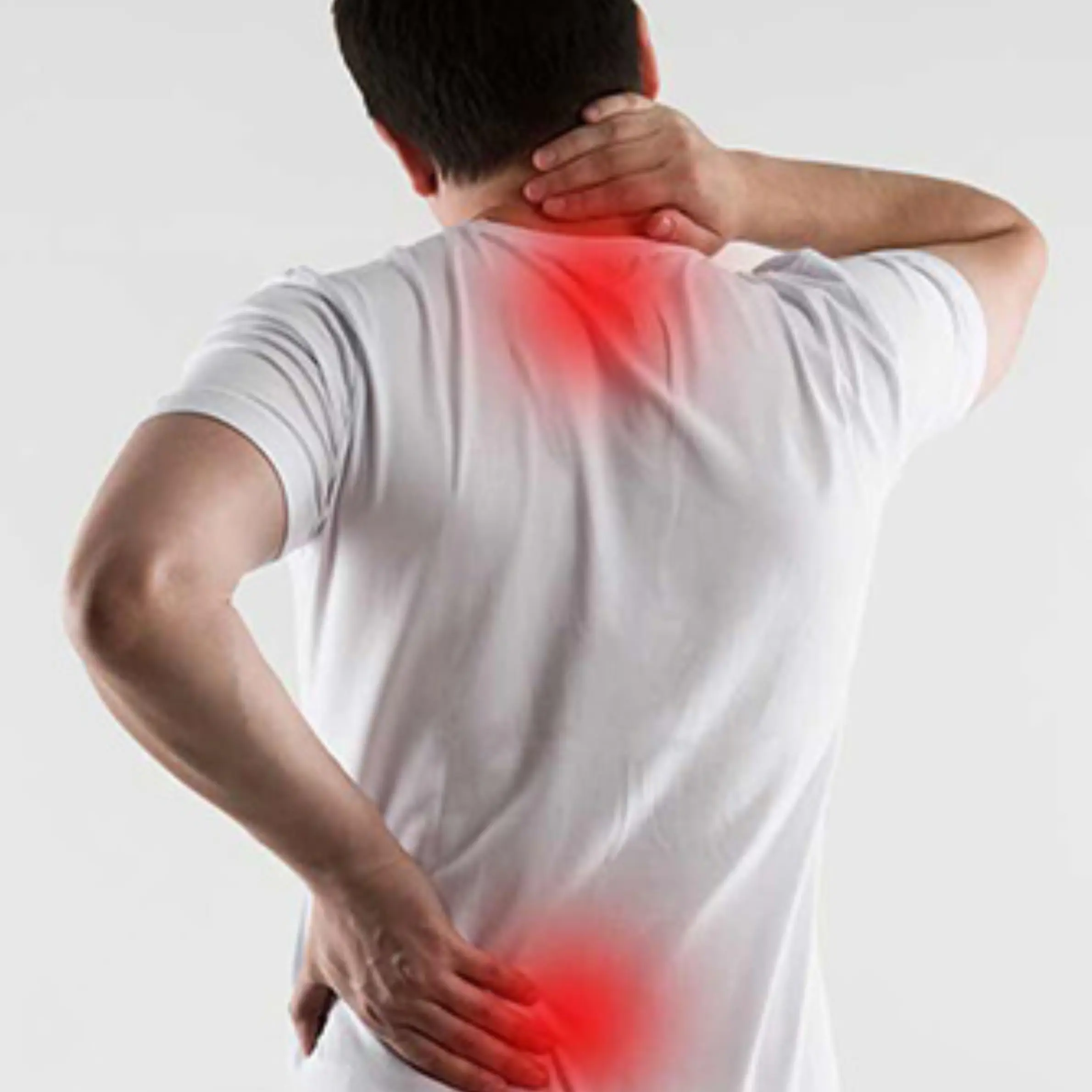
Back & Neck Pain
It can be prevented by adequate hydration, routine core strengthening and by maintaining the ergonomic posture.
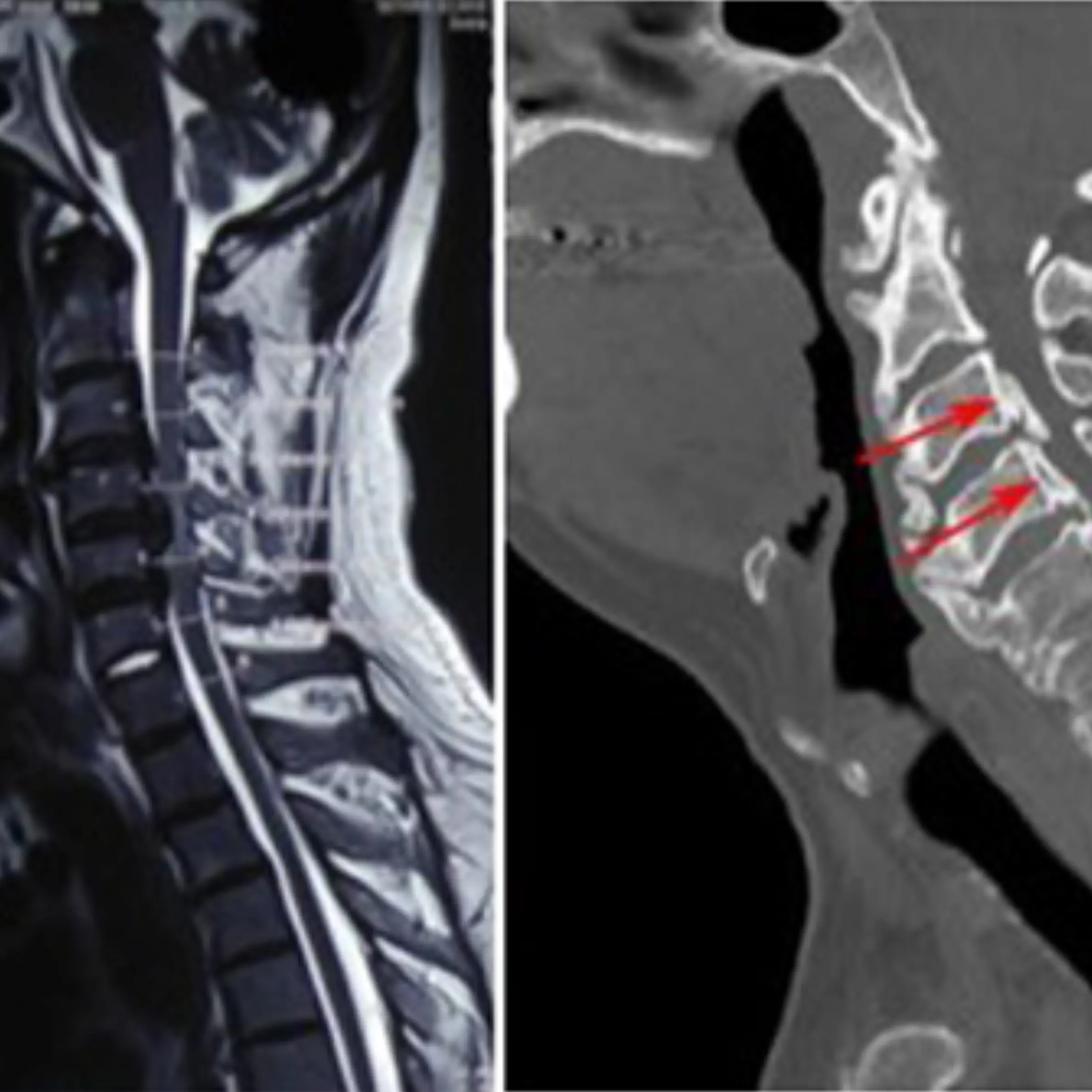
Cervical Spondylosis
Cervical spondylosis is the most common type of progressive disorder that affects the neck during aging.
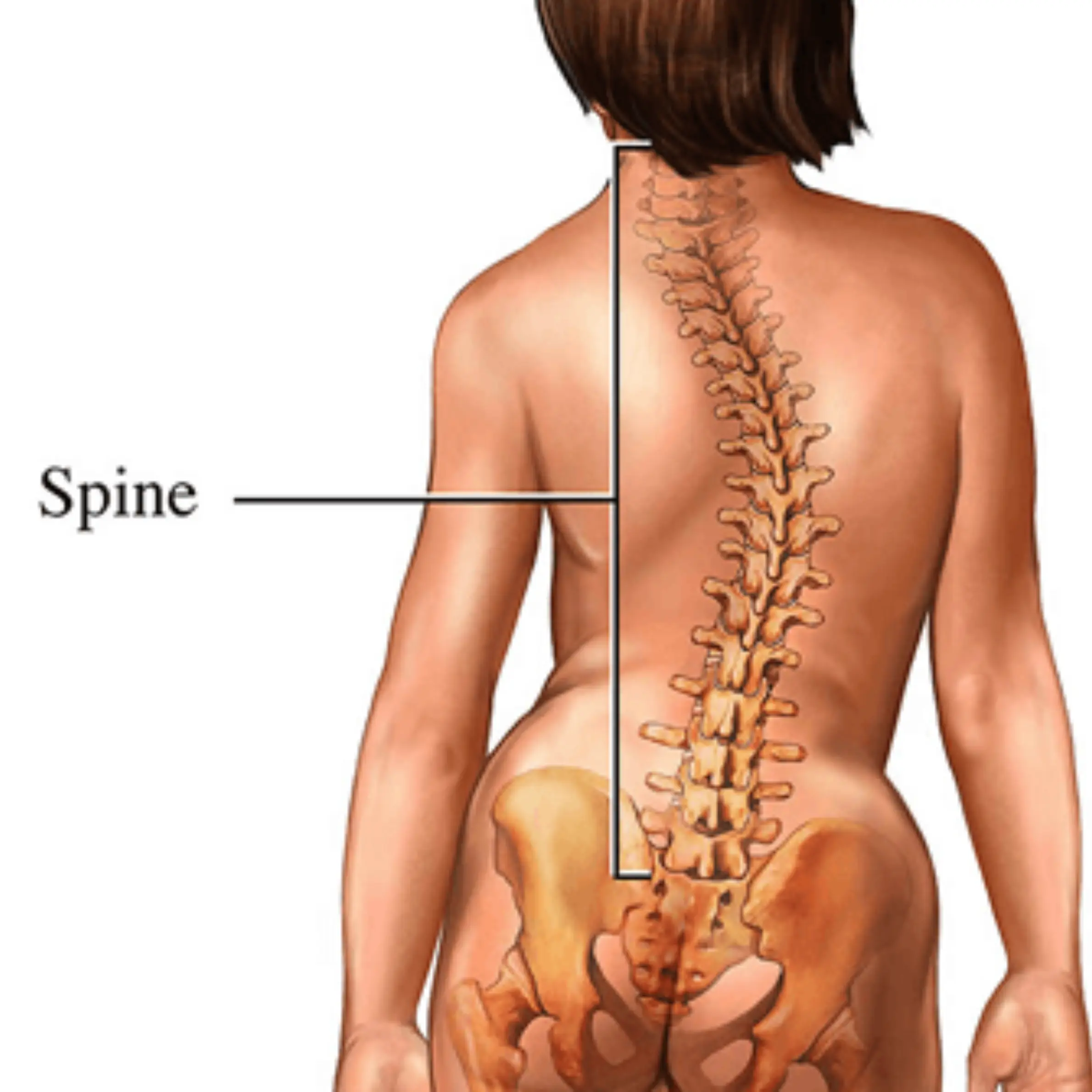
Scoliosis
It is common in female children, it can be corrected safely with present scientific advances and our surgical expertise.
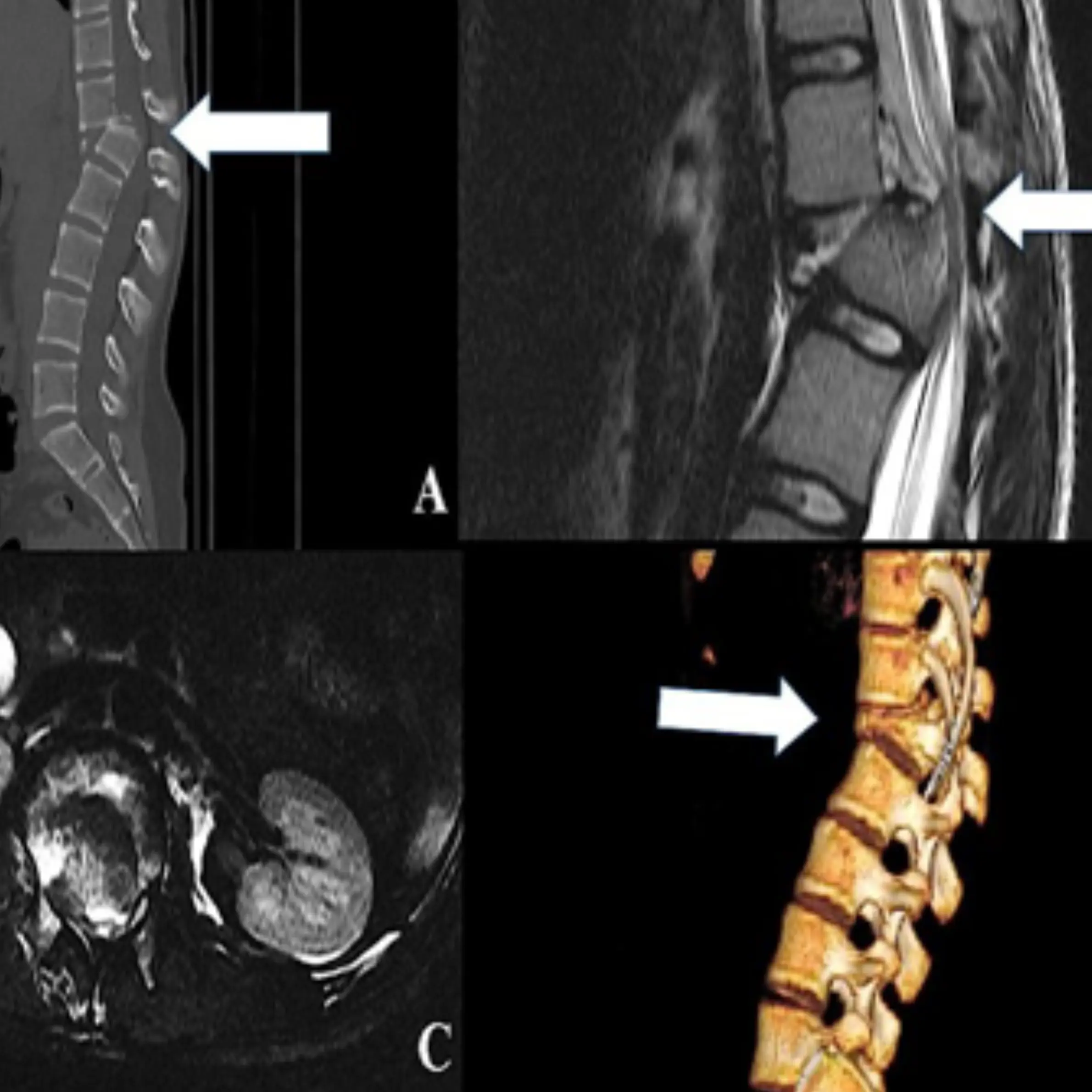
Spine Fracture
Spine fractures are more serious than the fracture of extremities. It needs emergency attention because these fractures can damage the spinal cord.
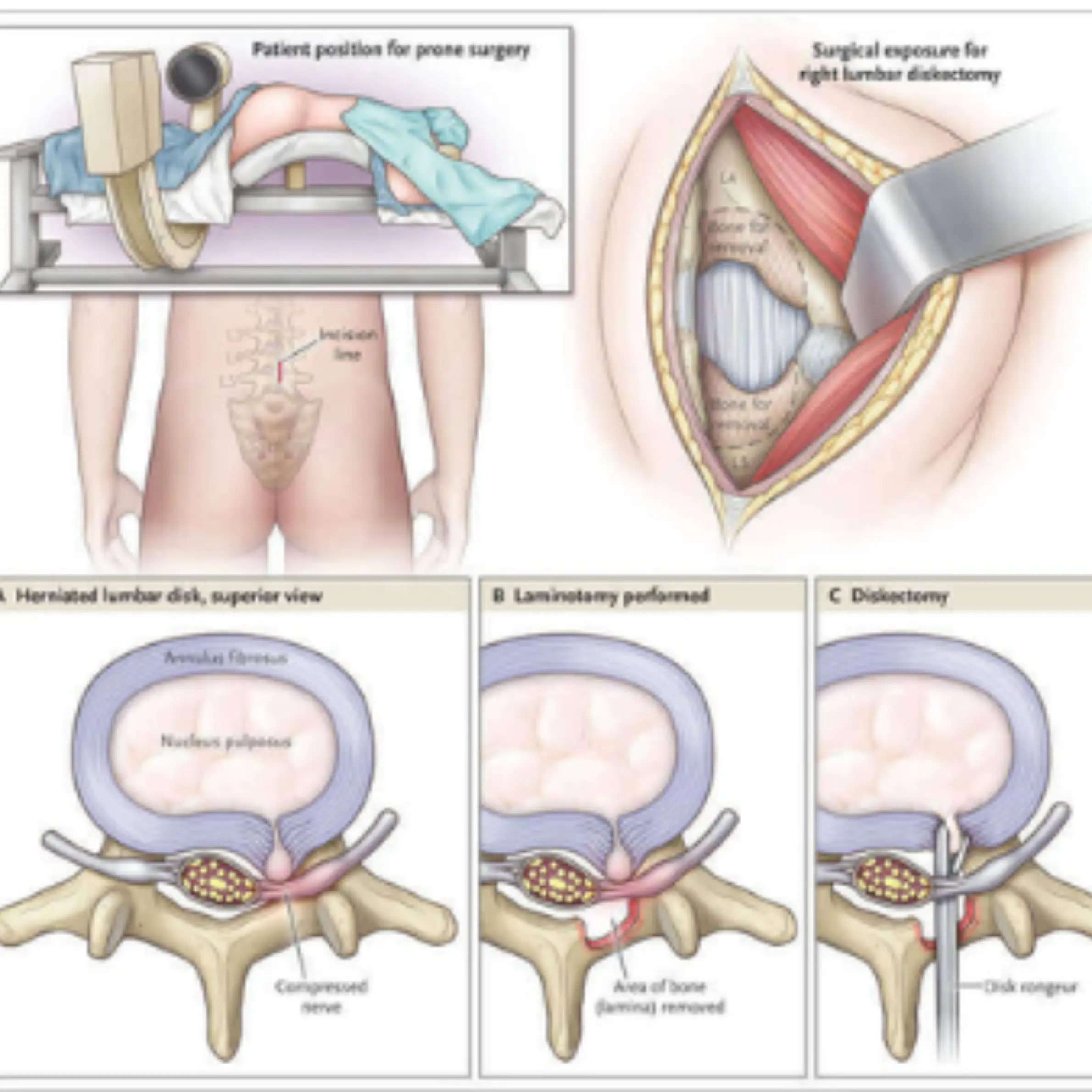
Microlumbar Disccectomy / Tubular Disccectomy
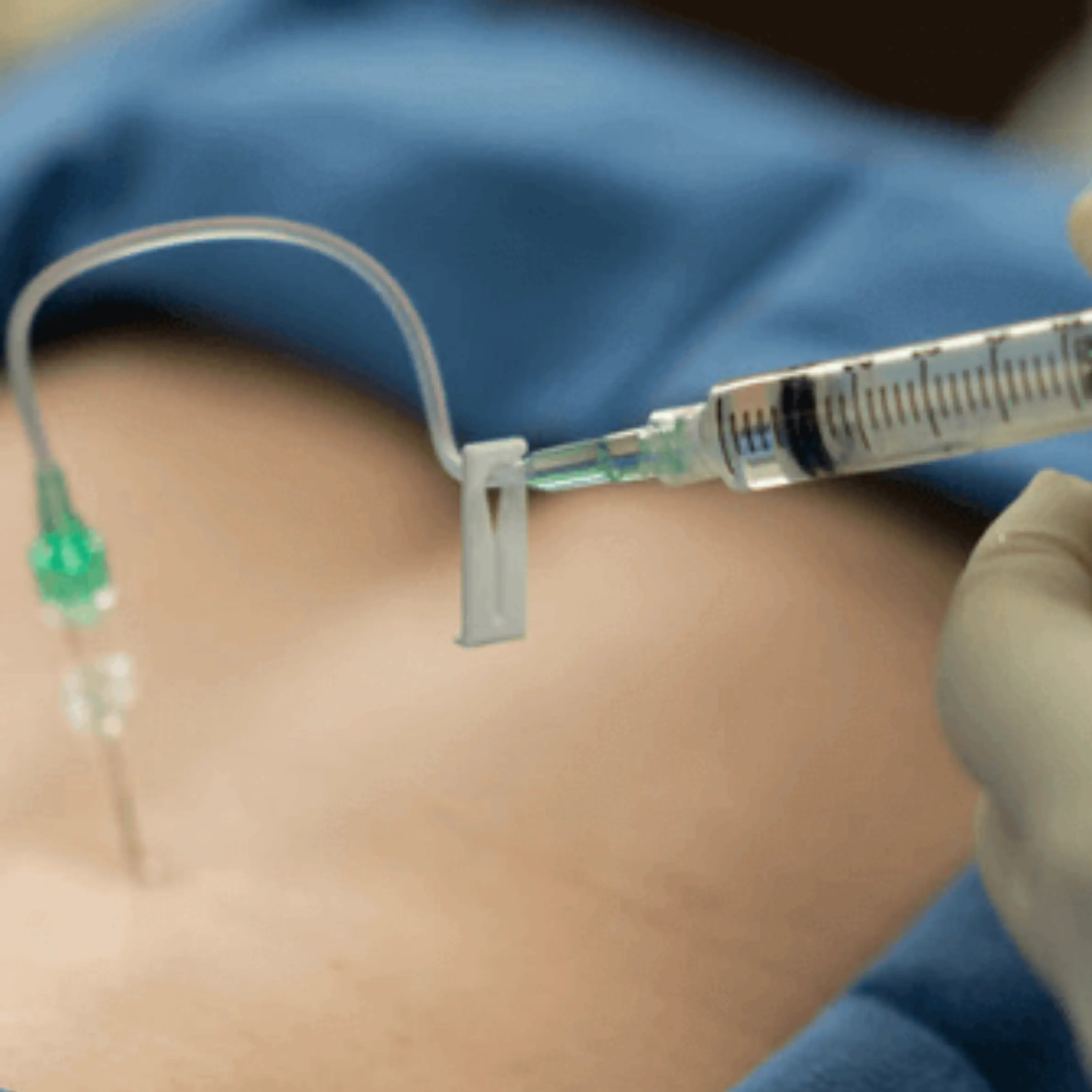
Injection Procedures in Spine
Selective Nerve Root Block (SNRB) in lowback is given to relieve radiating leg pain along the course of a particular nerve which had got pinched due to prolapsed disc.
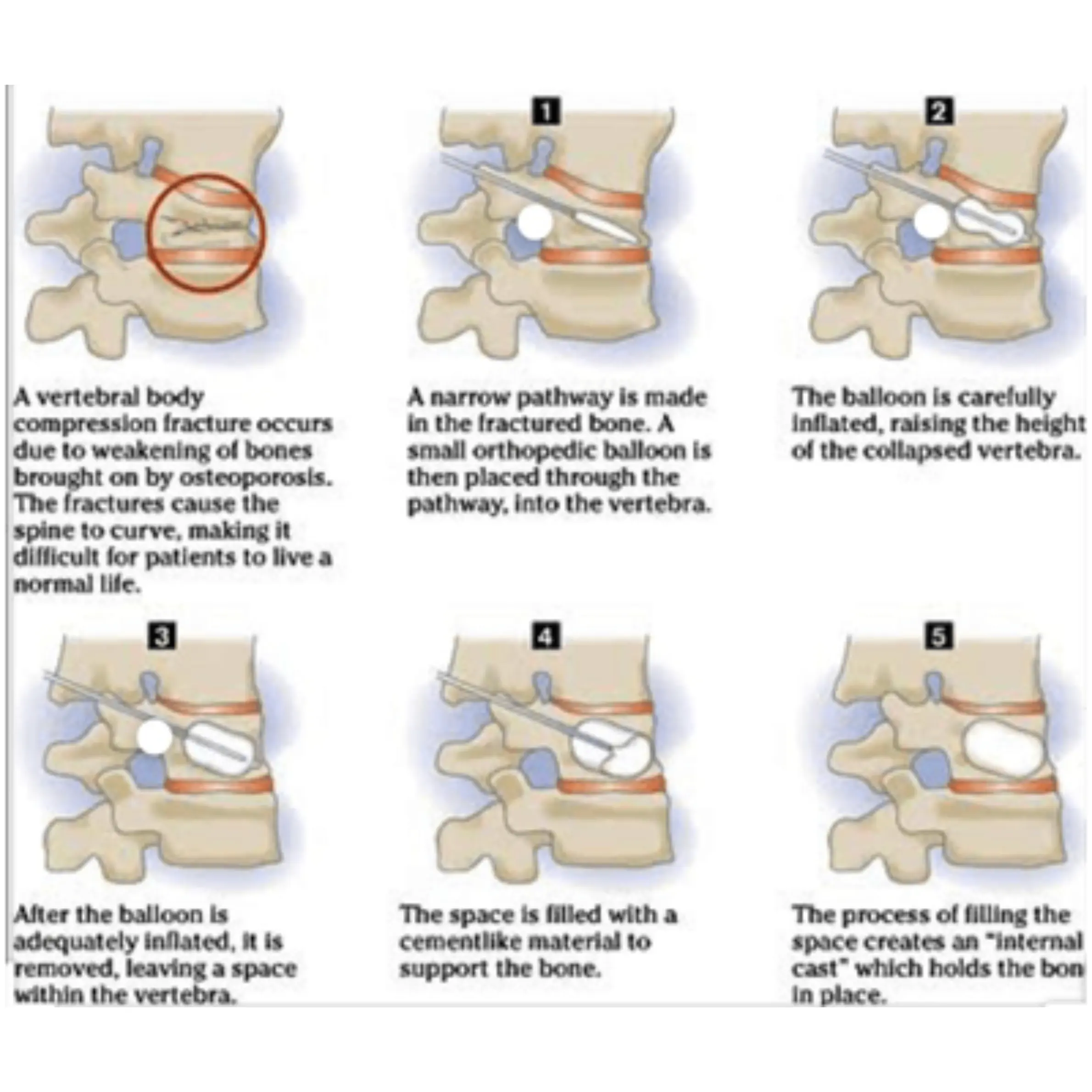
Osteoporotic Fracture
It is common in postmenopausal and geriatric population. Can be treated with day care/ percutaneous procedures.
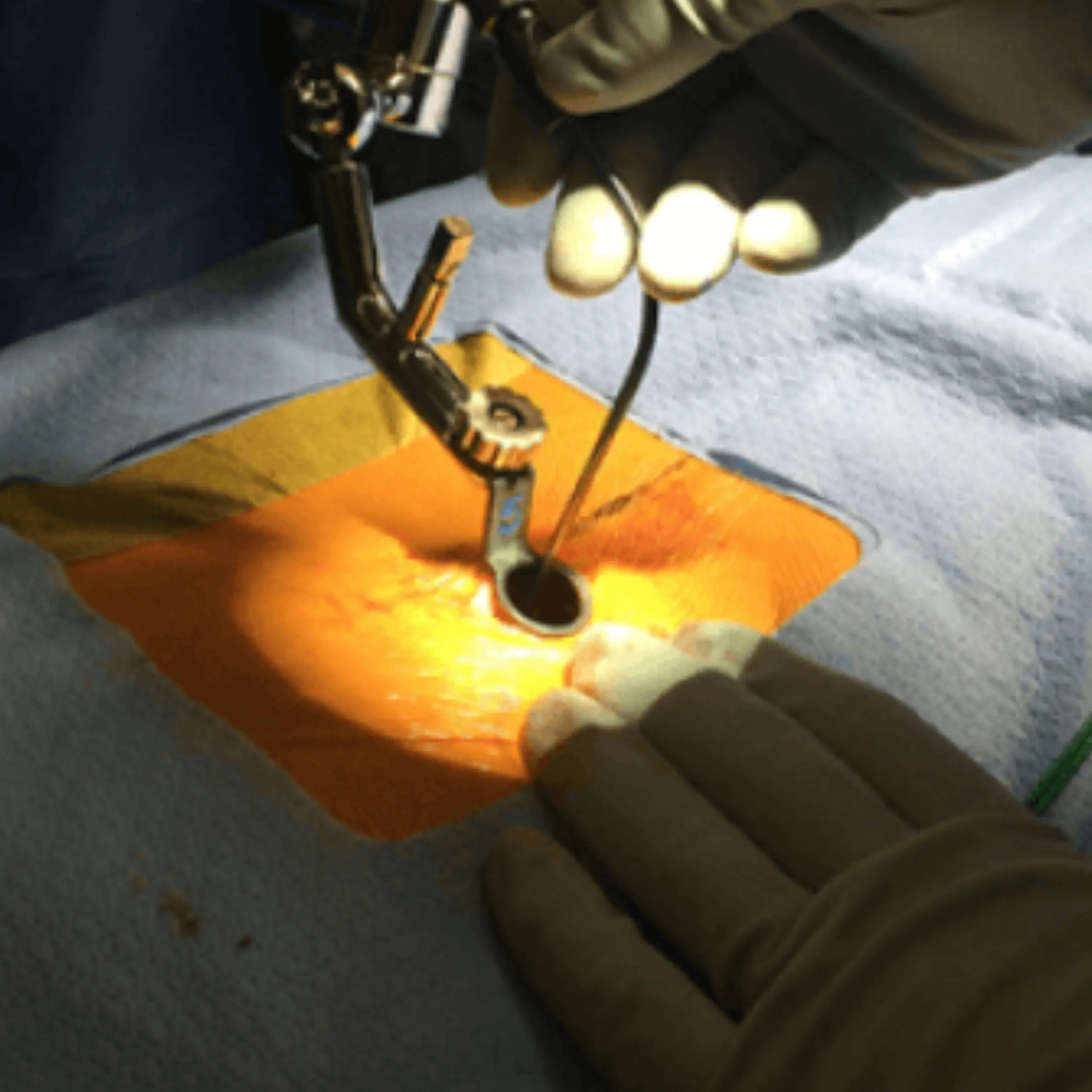
MISS

Spine Tumour
Tumor spread to spine needs intervention to maintain the quality of life than tumor curative treatment.
A.Traumatic Injuries:
- Motor Vehicle Accidents: High-impact collisions can cause spinal cord damage, leading to severe symptoms.
- Falls: Falls from heights or accidents can result in spinal cord injuries, causing symptoms and functional limitations.
- Sports Injuries: Certain sports activities pose a risk of spinal cord trauma, which may manifest in various symptoms.
B. Degenerative Conditions:
- Herniated Discs: The protrusion or rupture of intervertebral discs can compress the spinal cord, resulting in symptoms.
- Spinal Stenosis: Narrowing of the spinal canal can put pressure on the spinal cord, leading to symptoms.
- Spondylolisthesis: Displacement of vertebrae can affect the spinal cord, causing symptoms like pain and weakness.
C.Inflammatory and Infectious Diseases:
- Spinal Cord Inflammation (Myelitis): Inflammation of the spinal cord can lead to symptoms such as pain and sensory abnormalities.
- Meningitis: Infection and inflammation of the meninges may involve the spinal cord, causing symptoms.
D.Tumors and Growths
- Spinal Cord Tumors: Abnormal growths in or near the spinal cord can compress it, resulting in symptoms.
- Spinal Cord Abscess: Collection of pus near the spinal cord can cause symptoms and require prompt treatment.
E.Other Conditions:
- Spinal Cord Compression: Conditions like spinal canal stenosis or bone spurs can compress the spinal cord, leading to symptoms.
- Vascular Disorders: Blood vessel abnormalities can disrupt the blood supply to the spinal cord, causing symptoms such as pain and neurological deficits.
- Autoimmune Disorders: Certain autoimmune conditions can affect the spinal cord, leading to inflammation and associated symptoms.
Diagnosis and Treatment:
Dr. Vignesh Pushparaj, the best spinal cord doctor and specialist in Kolkata, utilizes a comprehensive approach to diagnose and treat spinal cord conditions. Prompt and accurate diagnosis is crucial for determining the most appropriate treatment plan.
Diagnosis of Spinal Cord Symptoms:
Medical History and Physical Examination: Dr. Vignesh Pushparaj carefully evaluates the patient’s medical history and performs a thorough physical examination to assess symptoms and potential underlying causes.
- Imaging Tests: X-rays, MRI scans, and CT scans are valuable diagnostic tools to visualize the spinal cord and identify abnormalities.
- Electromyography (EMG) and Nerve Conduction Studies: These tests help evaluate nerve and muscle function, providing insights into the extent of spinal cord involvement.
- Spinal Tap (Lumbar Puncture): In some cases, a lumbar puncture may be performed to analyze cerebrospinal fluid and detect any underlying infections or inflammatory conditions.
Treatment Options for Spinal Cord Conditions:
A.Non-Surgical Approaches:
- Medications for Pain Management and Inflammation: Vignesh Pushparaj prescribes appropriate medications to alleviate pain and reduce inflammation associated with spinal cord symptoms.
- Physical Therapy and Rehabilitation: Tailored physical therapy programs help improve strength, mobility, and coordination while reducing pain and enhancing overall function.
- Assistive Devices and Braces: Depending on the specific symptoms, the use of assistive devices or braces may provide support and aid in mobility.
B.Surgical Interventions:
- Microdiscectomy or Discectomy: Surgical removal of herniated discs that compress the spinal cord, relieving associated symptoms.
- Spinal Fusion: Stabilization of the spine through surgical fusion, reducing pain and preventing further damage.
- Decompression Surgery: Relieving pressure on the spinal cord by removing bone or tissue causing compression, thereby addressing symptoms.
- Tumor Removal: Surgical excision of spinal cord tumors to alleviate pressure and prevent further damage.
Rehabilitation and Recovery
Rehabilitation plays a crucial role in the recovery process after spinal cord treatment.
Dr. Vignesh Pushparaj emphasizes the importance of post-treatment care, providing guidance on rehabilitation techniques and therapies that help patients regain strength, mobility, and independence.
Conclusion:
When experiencing spinal cord symptoms, seeking the expertise of Dr. Vignesh Pushparaj, the best orthopedic spine doctor in Kolkata, is essential. With his extensive knowledge and experience, he offers accurate diagnosis, individualized treatment plans, and comprehensive care to address spinal cord conditions effectively.
Early intervention and timely treatment under Dr. Vignesh Pushparaj guidance can lead to improved outcomes and a better quality of life for patients.

